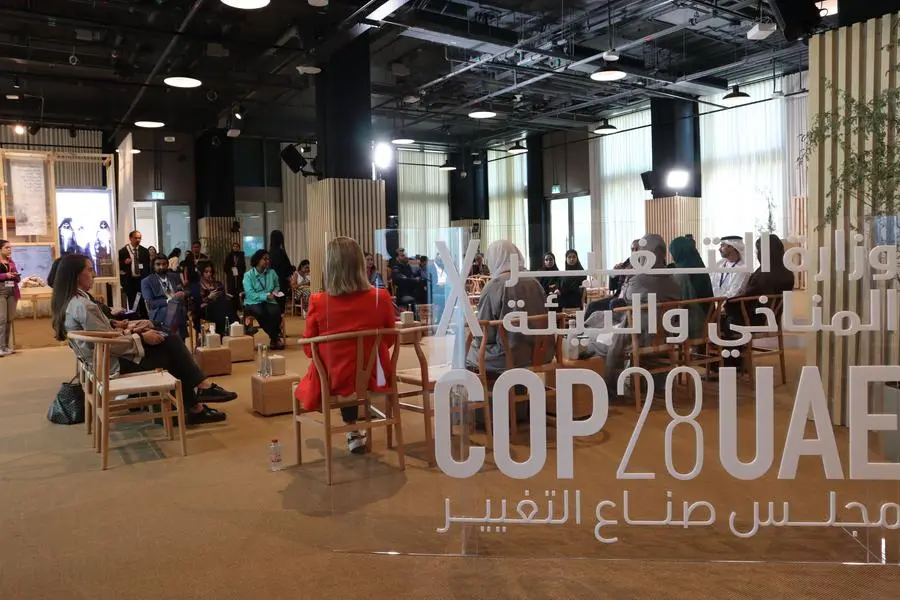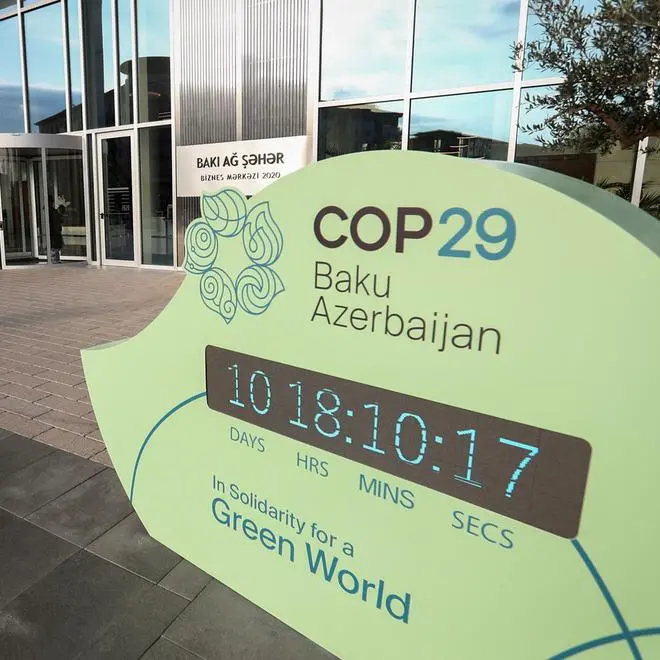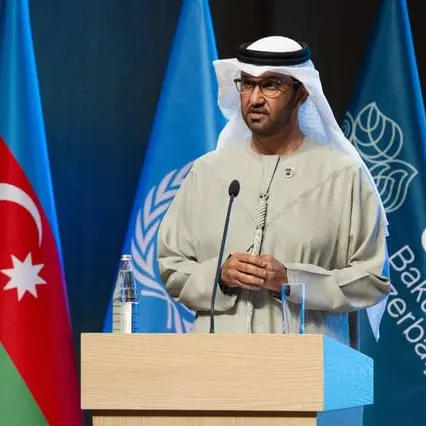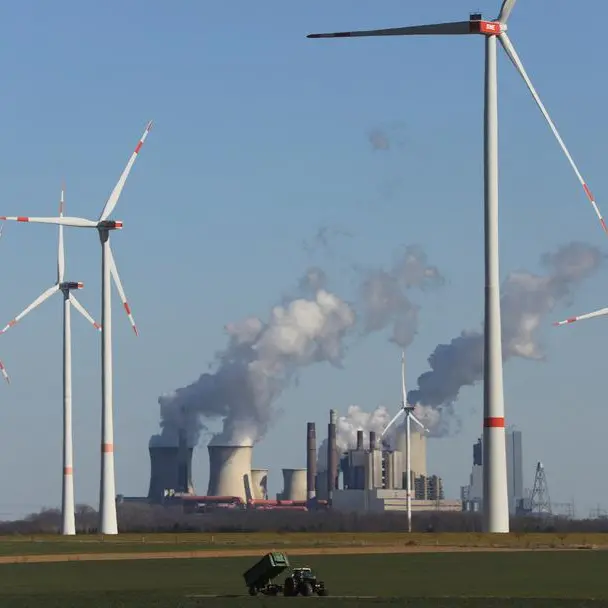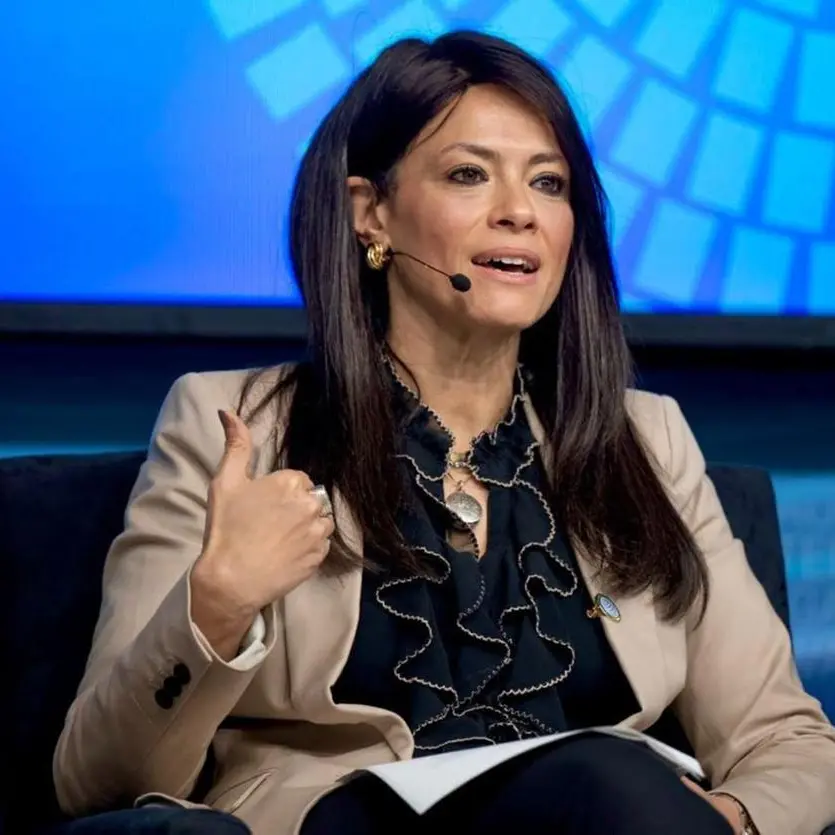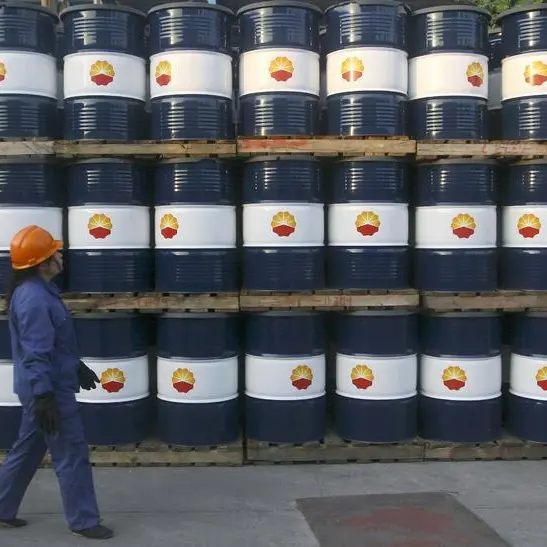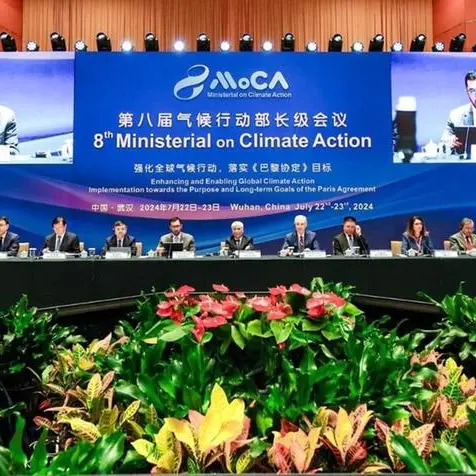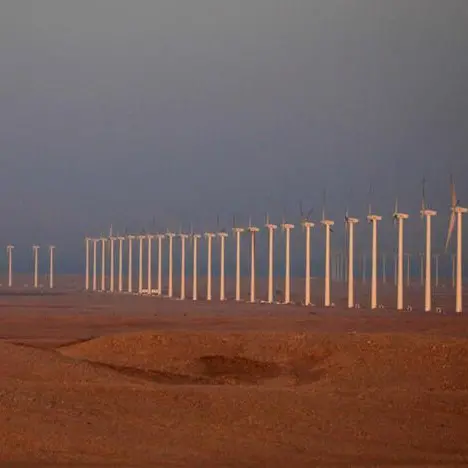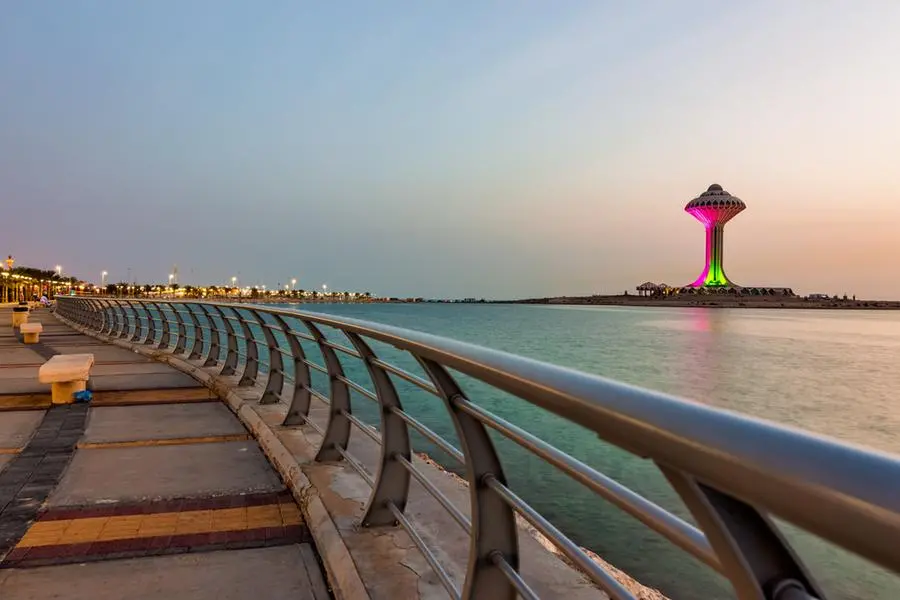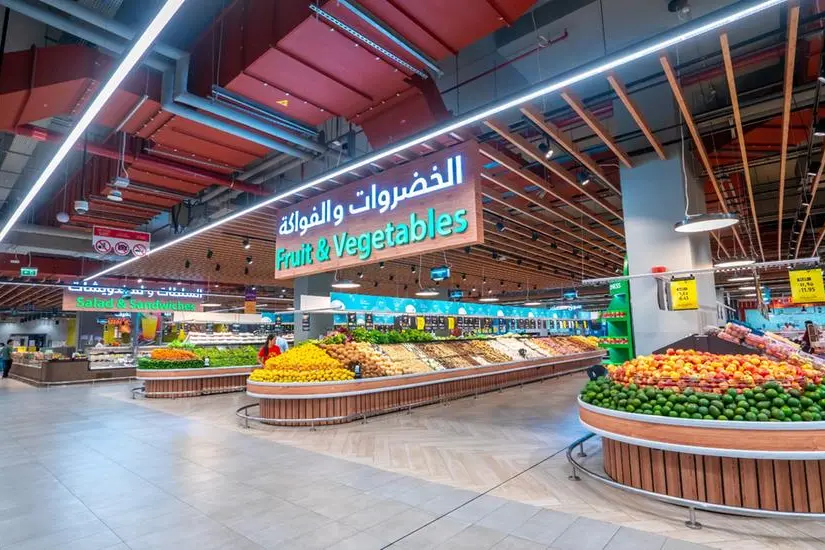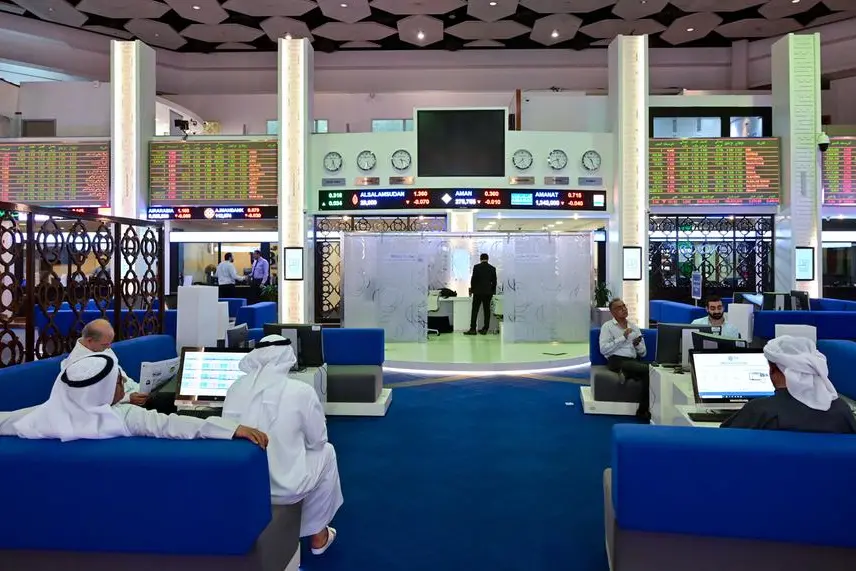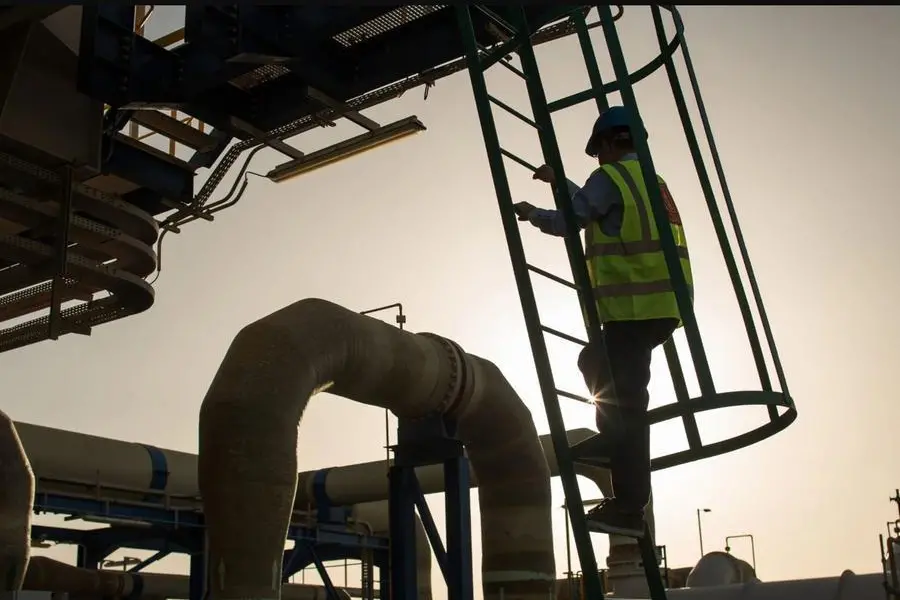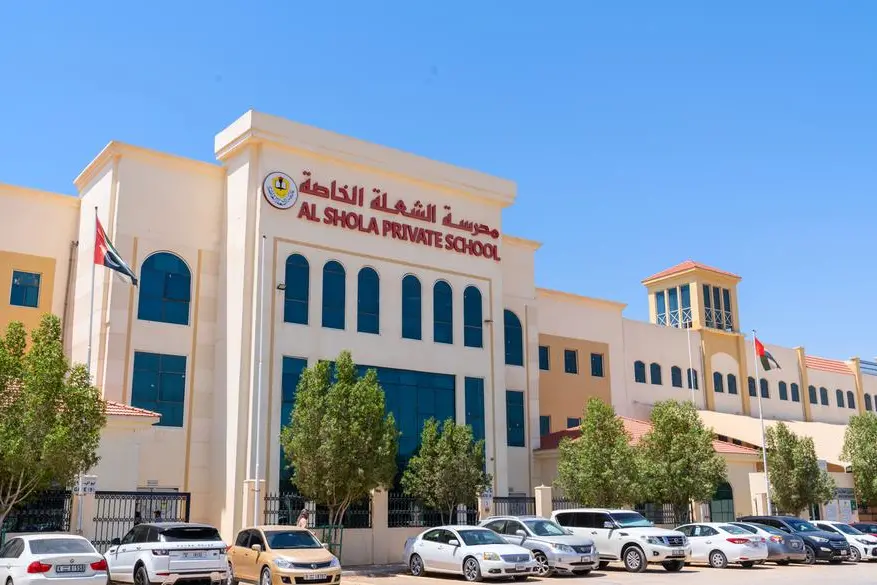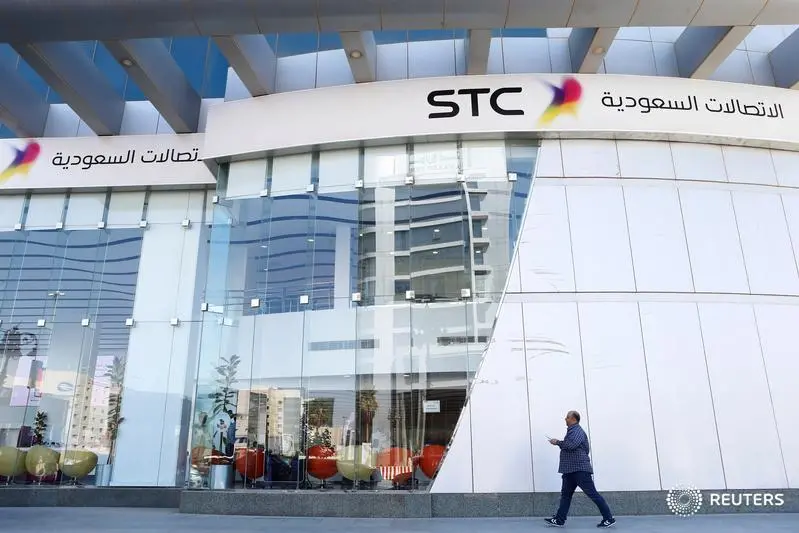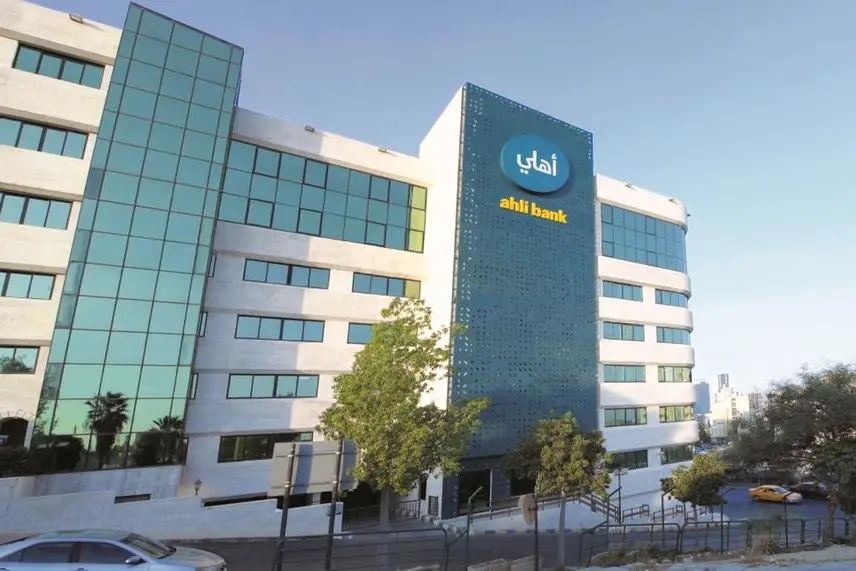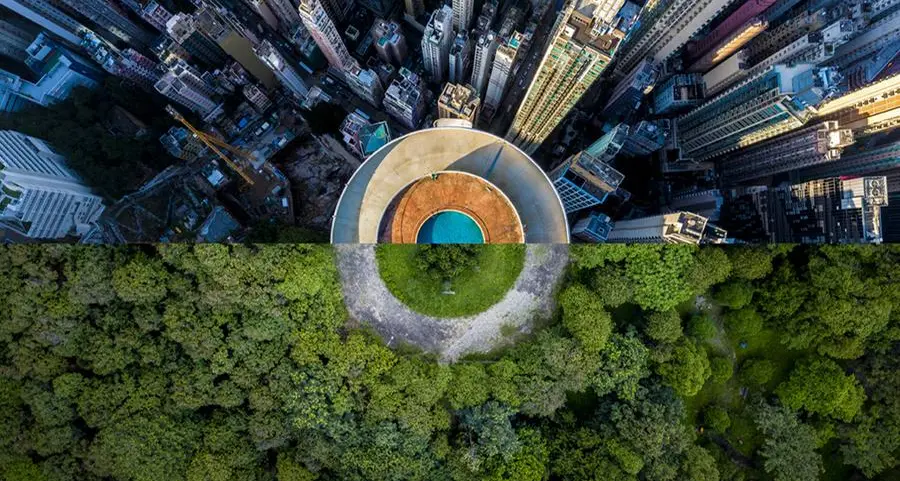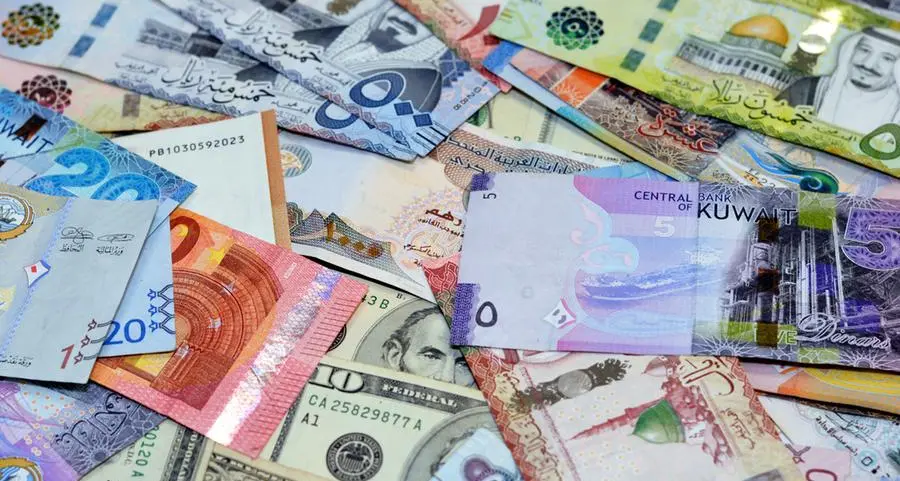PHOTO
DUBAI, 12th December, 2023 (WAM) -- The 15th UAE Changemakers Majlis at the 28th UN Climate Change Conference (COP28) delved into the intersection of climate change, food security, and access to water, discussing the challenges and solutions for sustainable agriculture.
Kaltham Kayaf, Director of Animal Development and Health Department at the Ministry of Climate Change and Environment, kickstarted the discussion and shared some of the key focus areas of the Majlis which included, food shortages, tech solutions, waste management, and Net Zero food systems.
Khulood Al Atiyat, Senior Strategist at Salama Bint Hamdan Al Nahyan Foundation, moderated the discussion and invited the participants to share their views on the interlinkage between climate change, food security, and access to water.
The discussion underpinned the need for innovative technologies to strengthen agricultural transformation and optimise supply chains, while addressing considerations on the journey toward achieving Net Zero emissions in the food sector.
Global food systems are responsible for a third of emissions, only second to the energy sector. Fast-tracking agricultural transformation is the need of the hour and to achieve that the Majlis participants said agricultural techniques should draw on vertical farming, rainwater capture, land and soil mapping and other technologies including digital and AI solutions. The participants pointed out that the agriculture sector needed more technology interventions to feed the growing global population.
The participants agreed that food system transformation cannot be implemented individually, and countries need to form alliances to pursue common goals. The need for international cooperation was stressed in ensuring the protection of small farmers and the participants also called for learning from indigenous practices to promote sustainable agriculture by hark backing to traditional wisdom and reviving some of the organic techniques to prolong the shelf-life of perishable foods.
The role of regenerative farming was also stressed and how such practices could build more resilience in the sector.
Policies and strategies must be cognizant of the situation on the ground and consider the needs of the farming community, the participants said. They added that nature-based solutions can address some of the current challenges. The Majlis noted that innovation and research will help find solutions to build climate-resilient agricultural systems.
Kaltham Kayaf explained about the Agriculture Innovation Mission for Climate, launched by the UAE in partnership with the United States, which has committed to investing more than $17 billion in climate-smart agriculture and food systems to improve agriculture and food security and also doubled the number of partners to 600.
Climate change has far-reaching implications on food security and access to clean water is increasingly impacting societies around the world. The frequency and intensity of extreme weather events, shifting precipitation patterns, and rising temperatures threaten food production and water availability in many regions. Ensuring access to healthy, locally produced food is vital, and technology can play a key role in supporting sustainable food sources.
